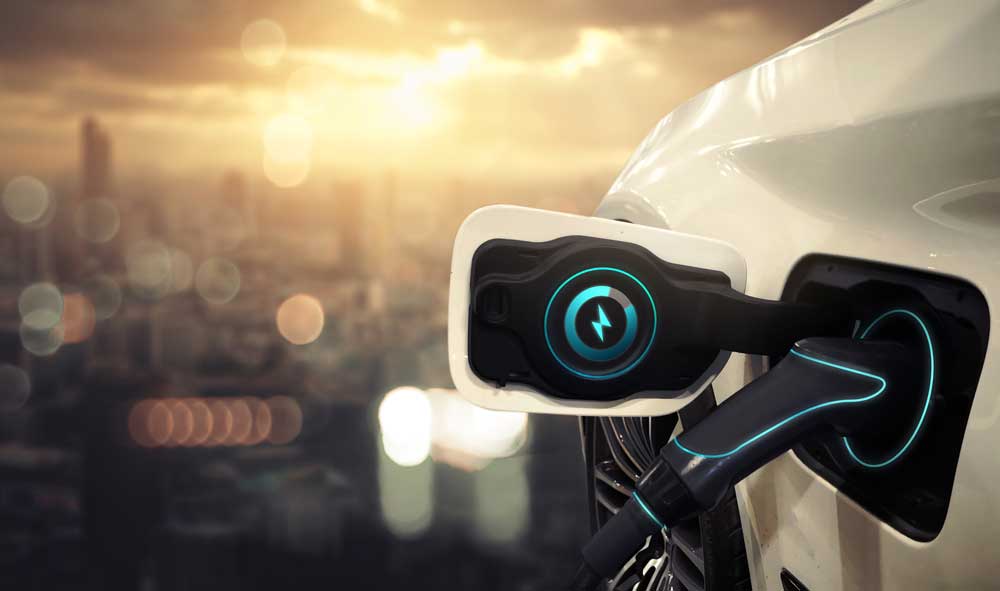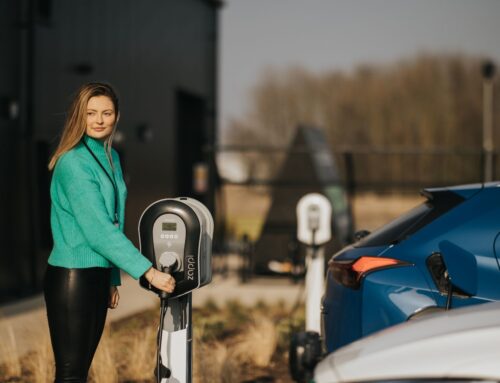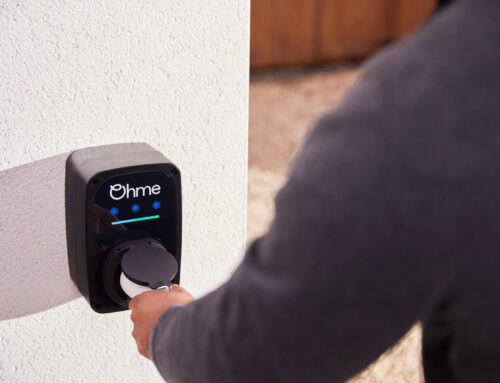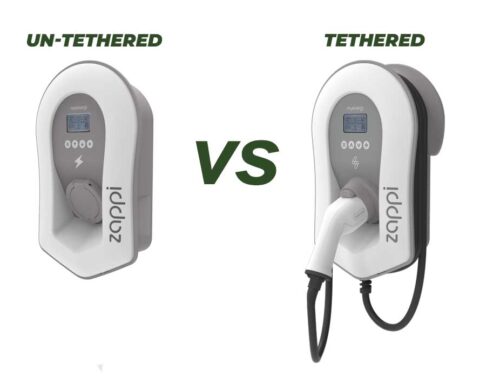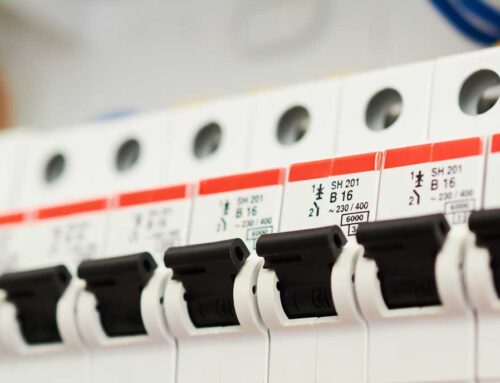Car Chargers Ireland Introduction
Car Chargers Ireland – Electric vehicles (EVs) are becoming increasingly popular in Ireland as concerns about climate change and air pollution continue to grow. The Irish government has set ambitious targets for the reduction of carbon emissions, and the promotion of EVs is seen as a key part of achieving these goals. Additionally, the cost of EV technology has been decreasing, making them more accessible to the general public.
Despite the growing interest in EVs, there are still misconceptions surrounding EV charging in Ireland. Some people believe that charging infrastructure is inadequate, or that charging an EV takes too long. However, many of these misconceptions are not accurate. The Irish government has committed to investing in EV charging infrastructure, and advancements in technology have greatly reduced charging time. Additionally, many EV owners find that they can charge their vehicles overnight at home, making the process convenient and hassle-free.
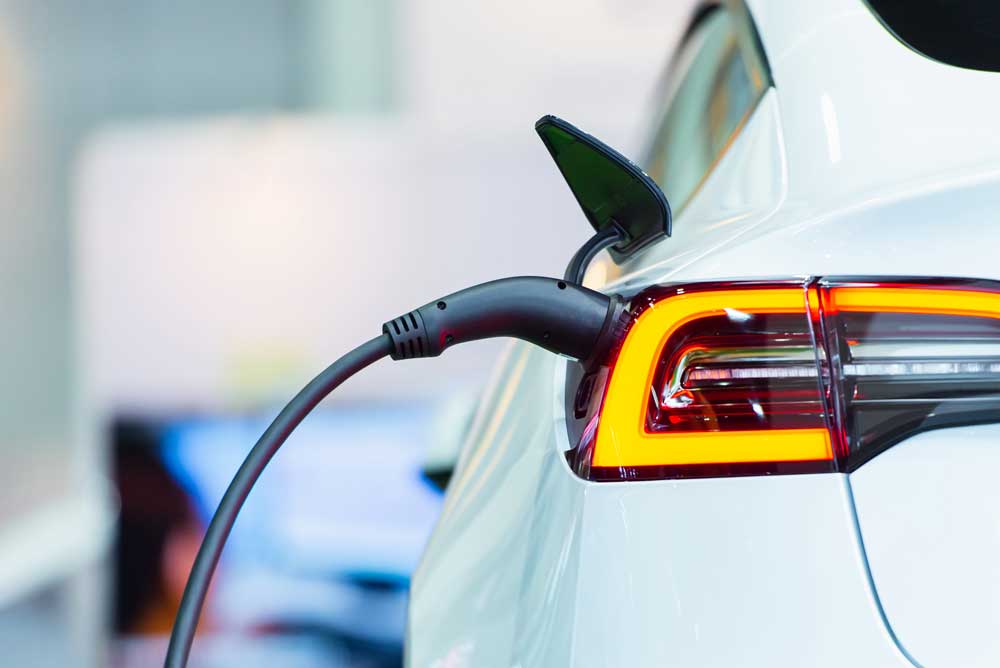
Car Chargers Ireland – EV charging is expensive
One of the most common misconceptions about EVs is that charging them is too expensive. However, when comparing the cost of charging an EV to the cost of fuelling a traditional petrol or diesel vehicle, it’s clear that EVs are more cost-effective in the long run. According to the SEAI, it costs on average €2.50 to fully charge an EV, while it costs an average of €10-€12 to fill up a traditional gasoline vehicle. This means that on a cost-per-kilometre basis, it is around 4 times cheaper to drive an electric vehicle than a petrol or diesel one. (More info on – Buying an Electric Car in Ireland)
The Irish government also offers a range of incentives to help make EV charging more affordable. For example, the Electric Vehicle Home Charger Grant provides a grant of up to €600 towards the cost of installing a home charging point. The Government also provides grants for the installation of public charging points, which can help reduce the cost for the public to charge their electric vehicles.
In addition to the cost savings associated with charging an EV compared to fueling a traditional petrol/diesel vehicle, there are also cost savings associated with driving an EV over time. For example, EVs require less maintenance since they have fewer moving parts and don’t require oil changes. Additionally, driving an EV can result in significant savings on fuel costs, as electricity is cheaper than petrol and/or diesel. These cost savings can add up over time, making EVs a more cost-effective option in the long run.
Car Chargers Ireland – There are not enough charging stations in Ireland
Another common misconception about EVs is that there are not enough charging stations available in Ireland. However, this is becoming less and less true as the EV charging infrastructure in Ireland continues to expand. According to the National Transport Authority, there are currently over 2,000 EV charging points in Ireland, with more being added all the time. In addition, the Irish government hopes to achieve its ambition of almost one million electric vehicles (EVs) on our roads by 2030, with 100,000 fast charging points for electric vehicles required within the next seven years if the Government’s carbon emissions plan is to be met.
The government has set a target of achieving 70% of electric vehicle sales by 2030 and to reach this goal, the government is working with private companies to increase the number of charging points available. For example, ESB eCars has committed to installing 2,500 EV charging points throughout Ireland by the end of 2021. Other private companies such as IKEA, Tesco, and Lidl are also investing in EV charging infrastructure in their car parks to encourage EV adoption.
If you’re looking to charge your EV in Ireland, there are a number of resources available to help you find charging stations. The ESB’s eCars website provides a map of all EV charging points on the ESB public charging network, including their locations, types of connectors available, and the number of charging points available at each location. This makes it easy for EV owners to plan their trips and locate charging stations along the way.
While there may be some misconceptions surrounding EV charging in Ireland, the reality is that the government is committed to investing in EV charging infrastructure, and advancements in technology have greatly reduced charging time. Additionally, many EV owners find that they can charge their vehicles overnight at home, making the process convenient and hassle-free. Furthermore, EVs are more cost-effective in the long run, with cost savings associated with charging an EV compared to fueling a traditional petrol/diesel vehicle, as well as less maintenance and cheaper fuel costs. With the increasing number of charging points available in Ireland, it’s now easier than ever to switch to an electric vehicle.
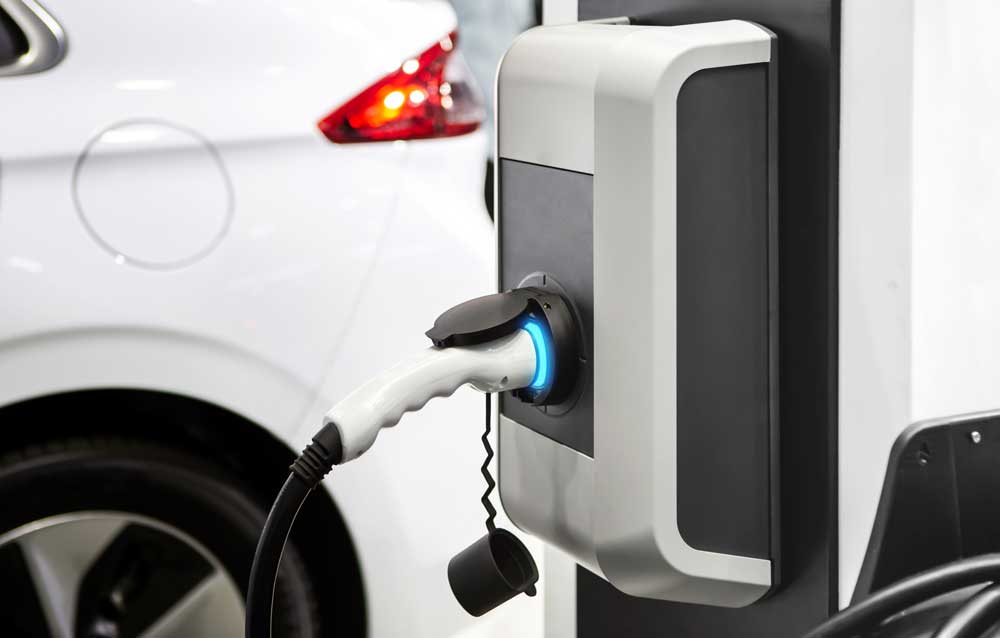
EV charging takes too long
Another misconception about EVs is that charging them takes too long. However, the charging time for an EV depends on the type of charging station used and the battery capacity of the vehicle. There are three types of charging stations: Level 1 (slow), Level 2 (medium), and Level 3 (fast). Level 1 charging stations, which typically use a standard household outlet, can take up to 12 hours to fully charge an EV. Level 2 charging stations, which use a dedicated 240-volt outlet, can charge an EV in as little as 4 hours. Level 3 charging stations, also known as DC fast charging stations, can charge an EV in as little as 30 minutes.
Charging times can be reduced significantly by using Level 3 charging stations. These stations use a high-voltage direct current (DC) to charge the battery, which is much faster than using a standard household outlet. There are now over 200 fast charging stations in Ireland, with more planned and being installed. This allows EV drivers to charge their vehicles quickly and conveniently, even during long trips.
To make the most efficient use of charging stations and reduce charging time, it’s important to plan for charging stops during long trips. This can be done by using the resources mentioned in the previous section, such as the National Transport Authority’s eCars website and EV charging network mobile apps, to locate charging stations and check their availability. Additionally, it’s important to note that charging an EV overnight, while the vehicle is not in use, can be an efficient way to charge the vehicle. With proper planning, it’s possible to minimize charging time and make the most of the growing EV charging infrastructure in Ireland.
In this article, we have discussed some of the most common misconceptions about EV charging in Ireland and provided accurate information to dispel these misconceptions. We have shown that EV charging is not as expensive as some may think, there is a growing infrastructure of charging stations available, and charging times can be reduced by using fast charging stations.
With the growing availability of EV charging infrastructure and the cost savings associated with driving an EV, it’s clear that EVs are a viable transportation option in Ireland. We encourage readers to consider an EV as a next vehicle purchase or lease option and to seek out additional information and resources on EV charging in Ireland.
To learn more about EV charging in Ireland, our Electric Car Charger Ireland team is also always on hand to answer any questions you may have about EV chargers.
Car Chargers Ireland – Frequently Asked Questions
-
Are car charging stations free in Ireland?
It depends on the charging station and its provider. Some charging stations may be free, while others may require payment. It is best to check with the specific charging station or provider for their policies and fees.
-
Which home car charger is best?
The best electric car home charger for you will depend on your specific needs and preferences. Some factors to consider include compatibility with your vehicle, charging speed, and cost. It is recommended to research and compare different options before making a decision.
-
Where can I charge my electric car in Ireland?
There are various places in Ireland where you can charge your electric car, including EV public charging stations, private charging stations, and at home. The Electric Vehicle Drivers Association of Ireland (EVDAI) maintains a map of all public charging stations in Ireland on their website.
-
Are car chargers at IKEA free?
It depends on the specific IKEA location. Some IKEA stores may offer free car charging, while others may require payment. It is best to check with the specific IKEA store for their policies and fees.
Currently the Dublin store is equipped with car charging points (7.4kw) located in the green car park beside the store. They are first come first serve and we do not offer a reservation service. Please keep in mind IKEA only has 2 car charging points available at this moment, their website page will be updated when more points become available.
-
Are Lidl charging points free?
It depends on the specific Lidl location. Some Lidl stores may offer free car charging, while others may require payment. It is best to check with the specific Lidl store for their policies and fees.
-
How do I pay for electric car charging in Ireland?
The method of payment for electric car charging in Ireland can vary depending on the charging station and its provider. Some charging stations may accept cash or card payments, while others may require a prepaid card or mobile app. It is best to check with the specific charging station or provider for their accepted forms of payment.
-
Are Aldi car chargers free?
It depends on the specific Aldi location. Some Aldi stores may offer free car charging, while others may require payment. It is best to check with the specific Aldi store for their policies and fees.
-
Are ESB car chargers free?
It depends on the specific ESB charging station. Some ESB charging stations may be free, while others may require payment. It is best to check with the specific ESB charging station for their policies and fees.
-
What is the cheapest way to charge an electric car?
The cheapest way to charge an electric car is by charging at home using a home charging point, as it is typically less expensive than public charging stations. Additionally, taking advantage of off-peak electricity rates can also help to
Ever wondered about The Future of EV Home Charging ?….Read our latest blog post for details

